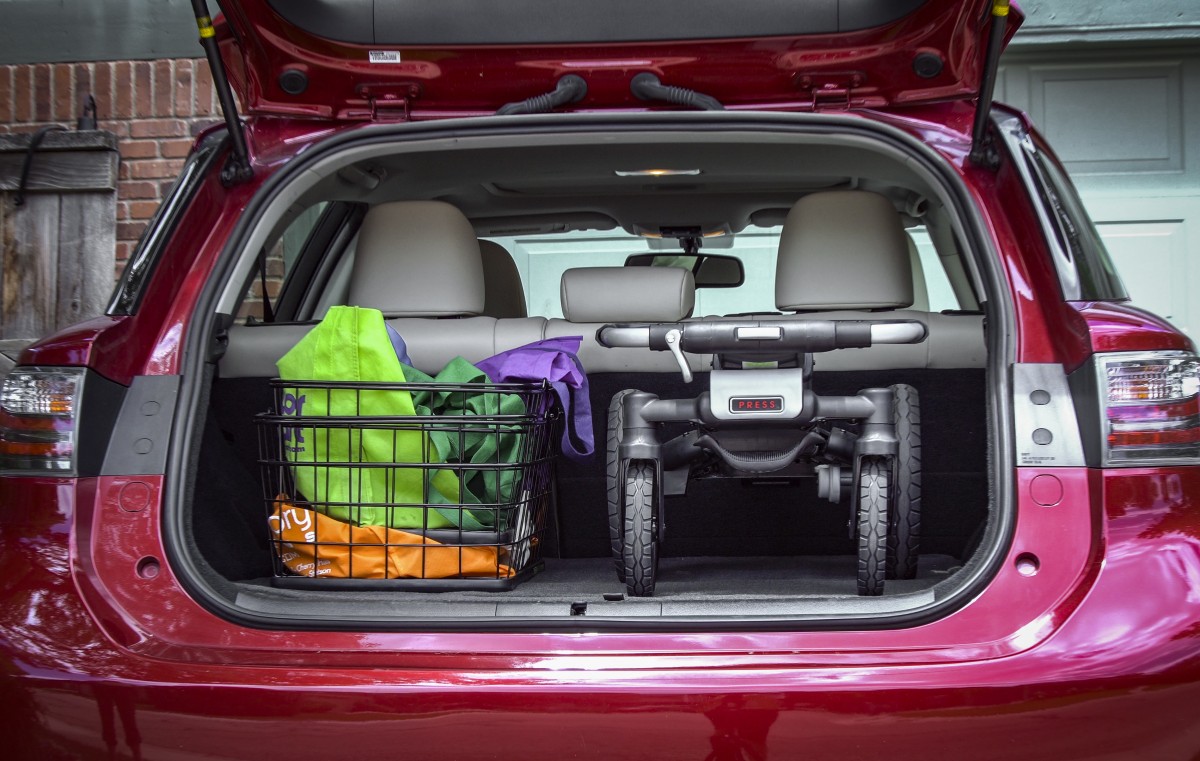COVID-19 has focused our attention on just how much physical contact we have with the people in our communities through hugs and handshakes, but also through the tools we share, such as grocery store shopping carts and credit card processing machines. While experts say we are not likely to get the Coronavirus from foods we buy at the grocery stores, it is very possible to pick it up from grocery carts, scales, door handles, rails and registers.
Research shows grocery store shopping carts, in particular, are often germ ridden and are potential sources of viral and bacterial disease transmission (Bacterial contamination of shopping carts and approaches to control). Grocery stores say they are now taking extra measures to keep carts clean, but some shoppers are turning to the Scout Cart and other personal shopping carts to insure cleaner, safer shopping.
Researchers call for improved grocery cart sanitation
According to Charles Gerba, a microbiologist at the University of Arizona who studies how viruses and pathogens are spread, shopping cart handles are known to regularly harbor Salmonella, Campylobacter and E. coli. Gerba and other health experts believe COVID-19 can live on surfaces for as little as three hours and up to nine days. Gerba’s research has focused specifically on grocery carts. Before the current outbreak, Gerba and his team have called for improved sanitation of grocery carts to reduce exposure to pathogens and transmission of infections among shoppers
Most stores report they are now providing wipes for cleaning cart handles, but some people feel that isn’t enough to keep them safe.
“People want more control over their environment and the things they come into contact with,” says Allison White, maker of Scout Cart. “Our cart was designed to make shopping more efficient and as a tool for walking to the store. But many people are seeking it out for other reasons. One is to avoid germs on public cart handles and germs that live inside the cart, such as bacteria that’s transferred from raw meat and chicken packaging.”
Recommended COVID-19 precautions
With regard to grocery shopping, food safety officials are recommending the following precautions against COVID-19 (which fortunately is from a family of viruses that can be deactivated with soap and water).
— Shop when the stores are not busy to avoid being in close proximity to other shoppers;
— Use your own cart, baskets and or bags, or
— Bring disinfectant to clean the store cart;
— Wash canned and jarred items with dish soap and water before storing them away;
— Wash fruits and vegetables with soap and water before storing;
— Wash your hands and clean counters after putting your groceries away.
Officials say the risk of getting the virus from the foods you eat are low. Washing your hands and the surfaces you and your family touch remains the best thing you can do. Many grocery stores also report that they are cleaning all touch points every two hours to keep their staff and customers safe and stores virus free.




